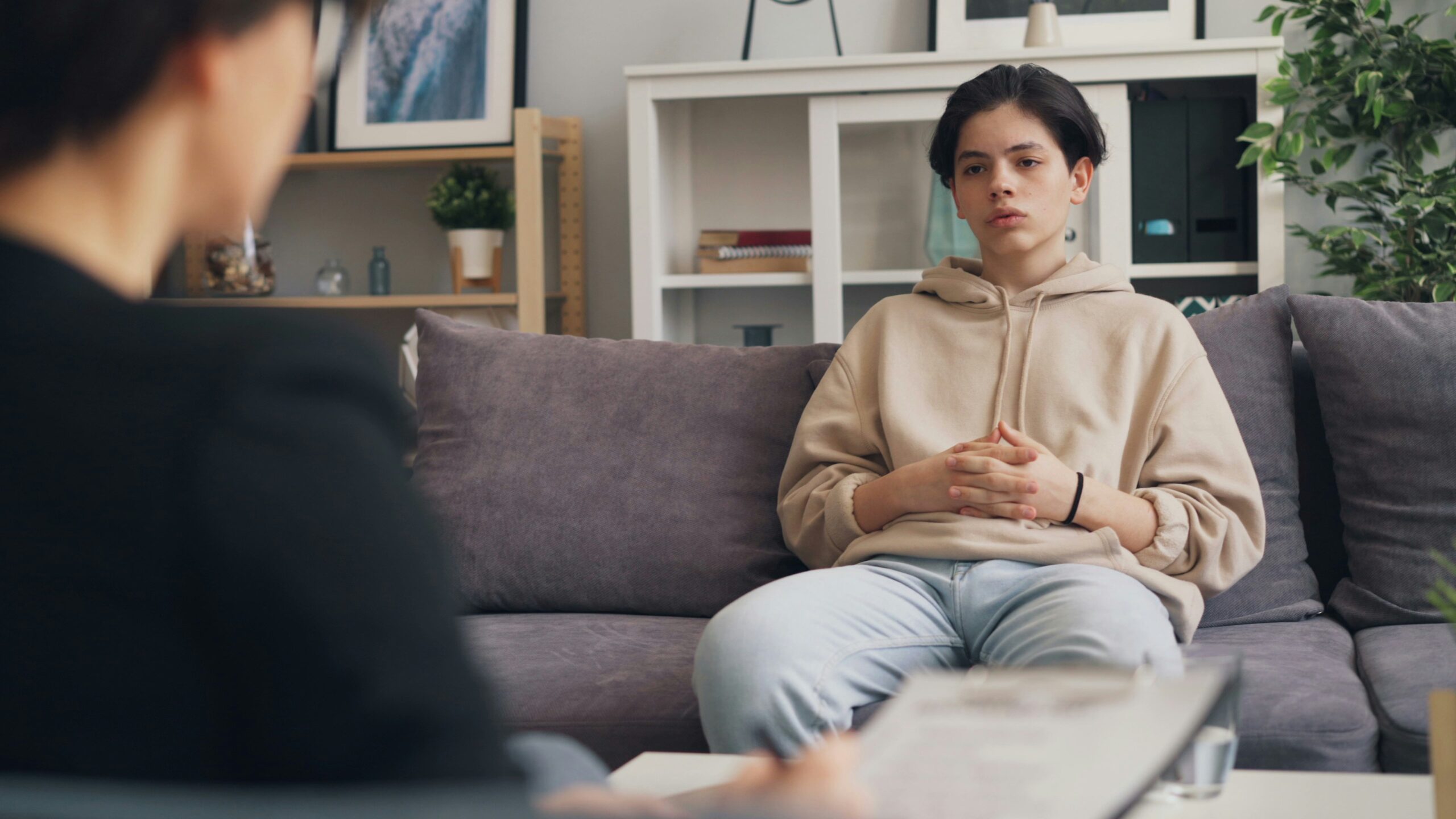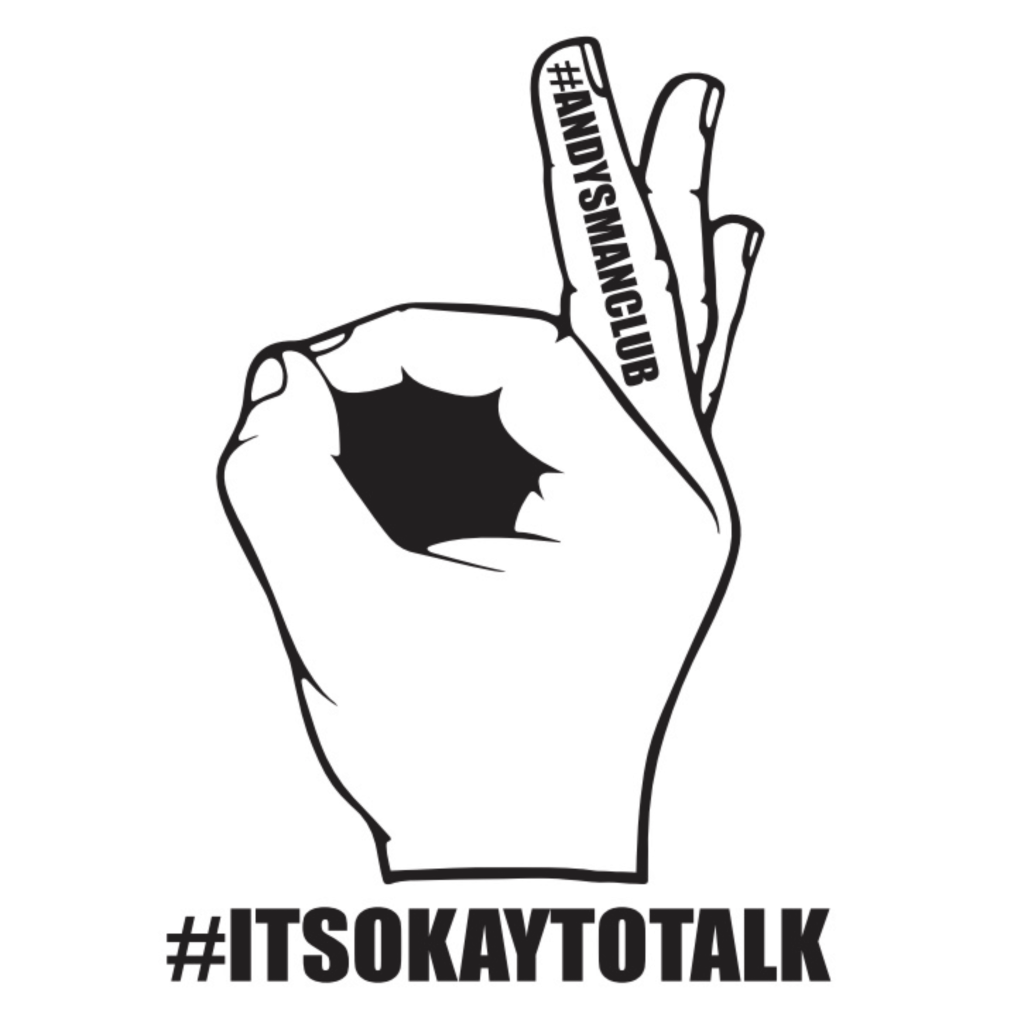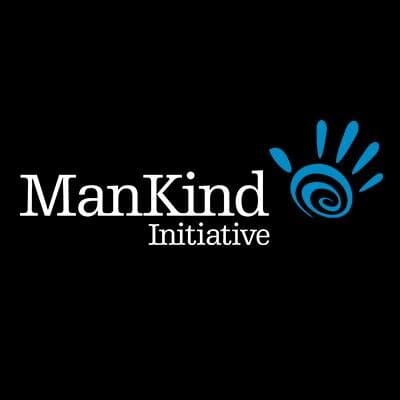Learn How To Speak To A Counsellor (Even If It’s For The First Time)
Starting therapy can feel daunting, especially if you’re not used to talking about your emotions. You might wonder what to say, how much to share or whether you’ll be judged. The truth is, there’s no right or wrong way to talk to a therapist – the important thing is to start.
If you’re considering therapy but feel unsure about how to approach it, this guide will help you feel more confident.
This Is Your Space To Be You
One of the most important things to understand about therapy is that it’s a judgment-free zone. Therapists aren’t there to criticise, lecture or make you feel weak. Their job is to help you untangle your thoughts, understand yourself better and develop ways to manage challenges.
Try this: If you’re feeling nervous, remind yourself that therapists have heard it all before. You don’t have to impress them or say the “right” things – just be yourself.
Start Where You’re Comfortable
You don’t need to share everything at once. There’s no pressure to tell your whole life story in the first session. Go at your own pace. If there’s something you’re not ready to discuss, that’s completely fine. Start with what feels manageable and build from there.
Try this:
“I don’t know where to start, but I know I need some help.”
“I’ve been feeling anxious, low or angry and I want to understand why.”
“I’ve never done this before, so I’m not sure how to talk about things.”
Your therapist will guide the conversation – you don’t have to have everything figured out.
Be Honest – Even If It’s Difficult
Therapy only works if you’re open about what you’re thinking and feeling. It can be tempting to hold back or say what you think your therapist wants to hear, but real progress happens when you’re honest.
If you’re struggling to put things into words, that’s okay.
You can simply say:
“I’m finding it hard to talk about this.”
“I don’t know how to explain it, but I feel off.”
A good therapist will help you make sense of your emotions, even if you can’t articulate them clearly.
It’s Okay to Talk About the Awkwardness
Many men feel uncomfortable opening up, especially if they’re not used to talking about emotions. If you’re feeling awkward, it’s okay to say so – it can help you move past the discomfort.
Try this:
“I don’t normally talk about my feelings, so this is new for me.”
“I feel weird talking about this.”
Your therapist will appreciate your honesty and help ease you into the process.
Ask Questions – You’re in Control
Therapy isn’t just about answering questions. You can ask them too. It’s your space, and it should work for you.
You might want to ask:
“How does this type of therapy work?”
“What should I expect from future sessions?”
“What can I do between sessions to help with my progress?”
A good therapist won’t just listen – they’ll equip you with tools to help you outside of the sessions too.
Give It Time – Therapy Isn’t a Quick Fix
Some sessions might feel like breakthroughs. Others might feel like you’re just talking things through. Both are valid. Therapy is a process, not a one-time fix.
Try this: Instead of expecting instant change, focus on small signs of progress:
- Feeling more comfortable expressing emotions
- Understanding yourself better
- Learning new ways to manage stress
Therapy isn’t about having all the answers – it’s about working towards them over time.
Take the First Step Towards Support
Talking to a psychotherapist or counsellor doesn’t have to be intimidating. You don’t need to have everything figured out. Just showing up and allowing yourself to be heard is a huge step towards improving your mental well-being.
If you’re thinking about starting therapy but don’t know where to begin, Men’s Therapy Hub connects men with qualified male therapists who understand what it’s like to open up for the first time.
Therapy isn’t about weakness – it’s about strength. And that strength starts with a conversation.















